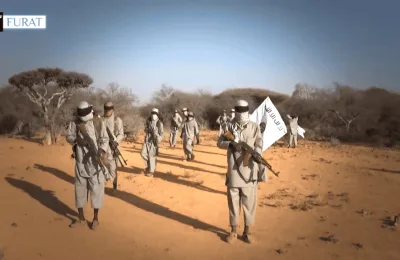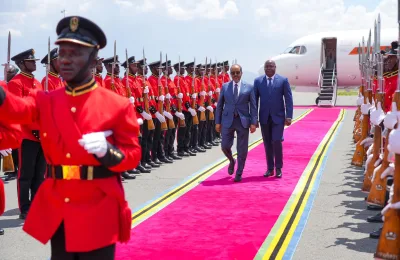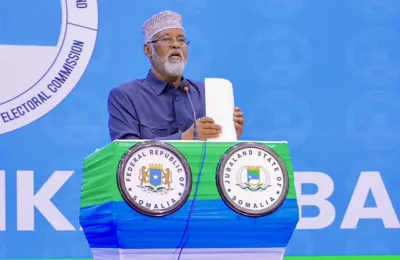The Humanitarian Coordinator for Somalia warned that without intervention Somalia’s fragile food security situation is likely to worsen in the coming months.

STATEMENT FROM THE HUMANITARIAN COORDINATOR
The Humanitarian Coordinator for Somalia Mr. Philippe Lazzarini warned that without intervention Somalia’s fragile food security situation is likely to worsen in the coming months. Due to a combination of delayed rains, rising food prices and continued conflict, the humanitarian conditions in Somalia is at risk of sliding back into crisis. Despite the serious situation, resources for Somalia in 2014 are critically low.
“This is not your usual appeal for funds. Some of NGOs and agencies have so few resources that essential life-saving projects are facing closure,” warned Mr. Lazzarini, briefing UN Member States in Geneva. “If funding is not received in a matter of weeks, primary health care services for 3 million people, many of them women and children, may have to be shut down.”
So far in 2014, the Strategic Response Plan for Somalia has received only 15 per cent of the US$933 million requested, a shortfall of $790 million. This time last year, nearly twice this amount of funding had been received.Aid agencies are already struggling to meet the needs of affected people they have access to; covering the anticipated needs of people in areas that may become accessible due to the ongoing military campaign against Al Shabaab will be extremely difficult if more funding is not mobilised.
Somalia experienced a devastating famine in 2011 in which 250,000 people died. While there have been some incremental improvements, the country still has not fully recovered. Today, 857,000 Somalis are considered to be in ‘crisis and emergency’ conditions and 2 million Somalis are under food security ‘stress.’
“The parallels to the pre-famine period in 2010, when the combination of shrinking access, declining funds and a few failed rainy seasons led to a devastating crisis, are very worrying,” said Mr. Lazzarini. “Early warnings must trigger early action at a speed and a scale that saves lives. This requires both immediate access and urgent resources.”
Source: NOCHA SOMALIA







